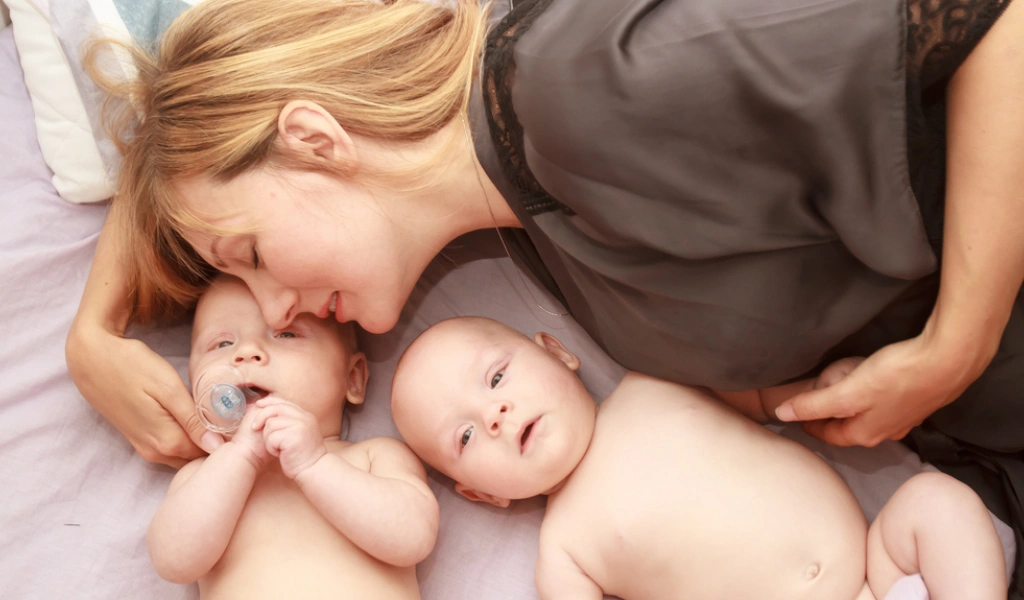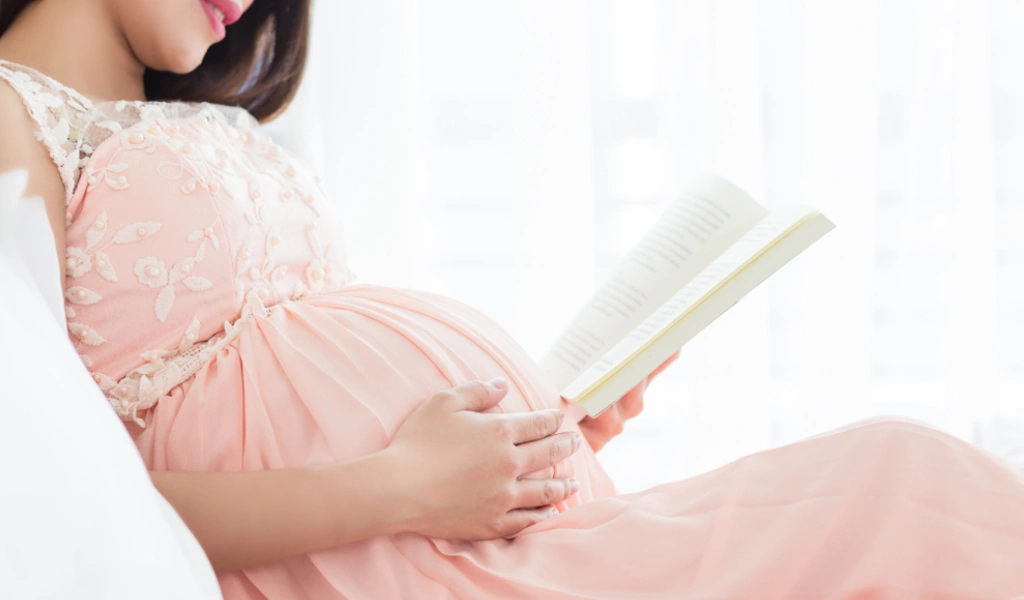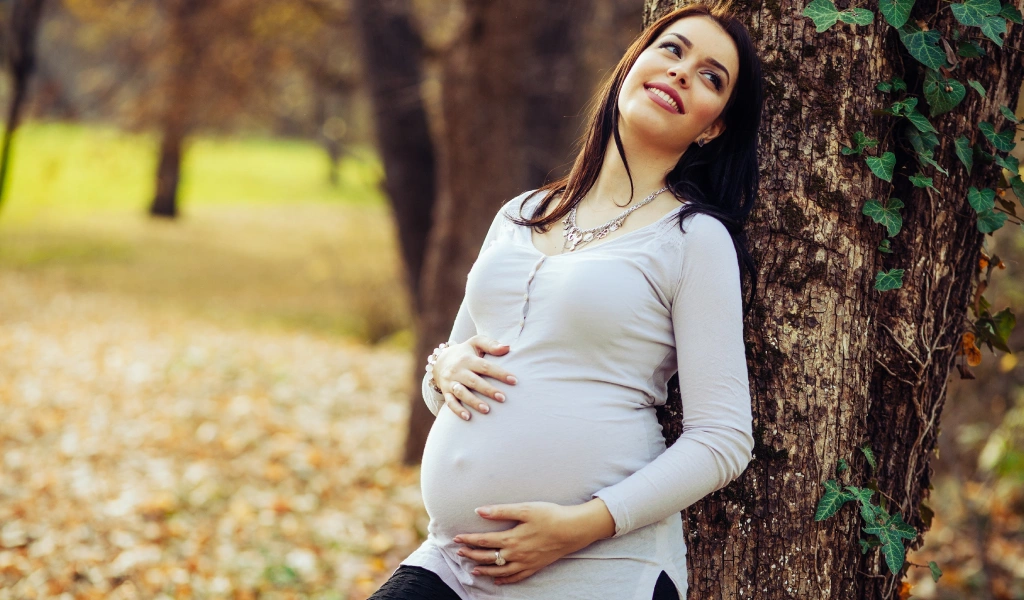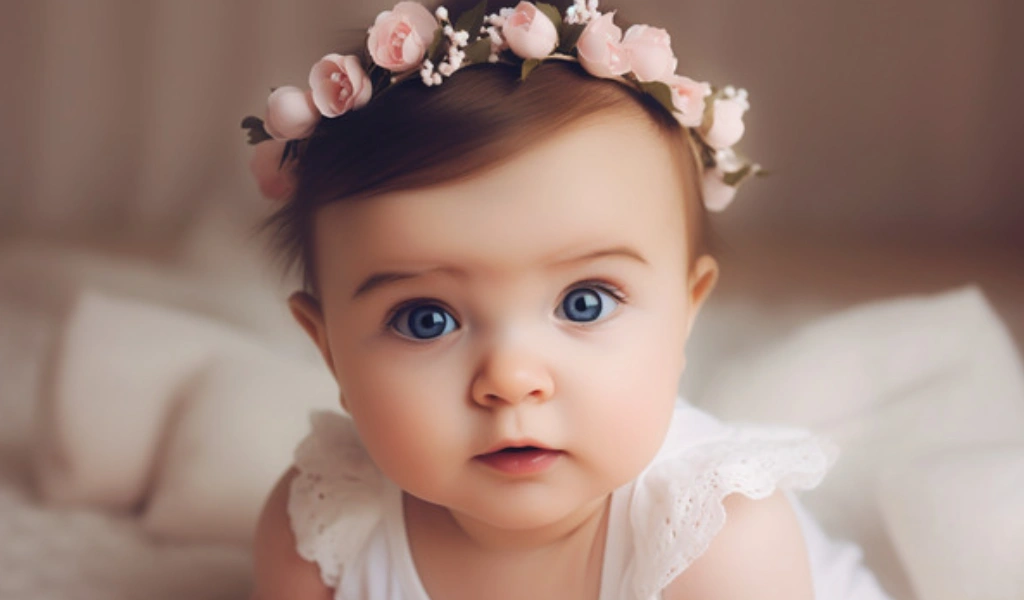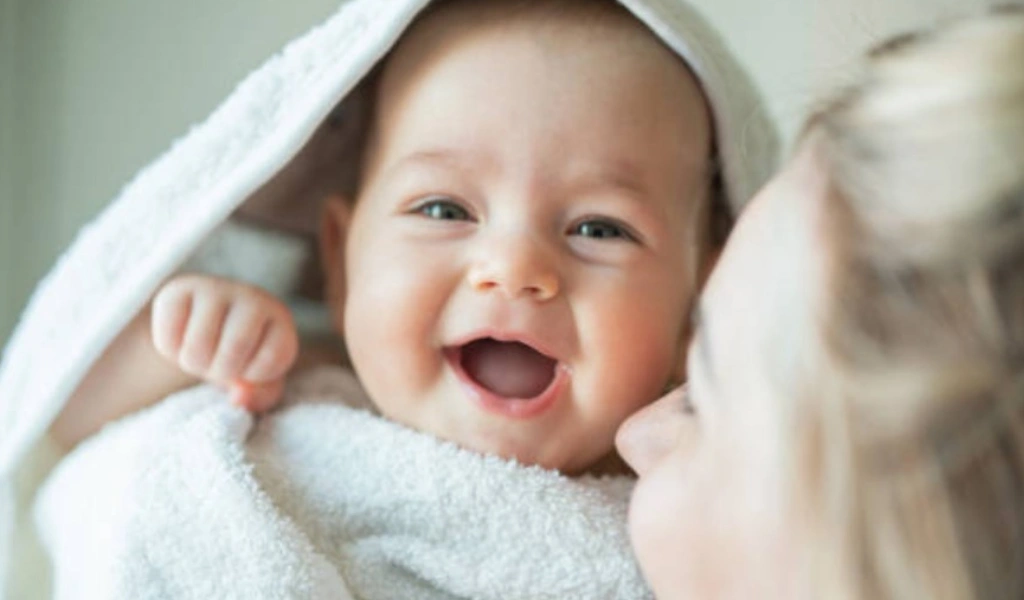The readiness to take responsibility for getting pregnant should be ensured before making a decision, as it differs from woman to woman.
Deciding when to have a baby is an individual decision. Nevertheless, the best time to get pregnant is when you feel prepared in terms of physical, emotional, social, and financial aspects to take on the obligations of conceiving and raising a child.
While the optimal age for getting pregnant may differ among women, professionals recommend that the most favorable time for conception is typically in the 20s to early 30s, ensuring the best results for both the mother and child.1
1. When is the most Ideal Age To Get Pregnant?
The report from the CDC’s National Survey of Family Growth (NSFG) indicates that the probability of females giving birth was 11% at age 18, 64% at age 30, and 82% at age 40. For males, the likelihood of becoming a parent was 3% at age 18, 47% at age 30, and 72% at age 40, based on the same report.
Fertility generally decreases as individuals grow older. Nevertheless, due to advancements in medicine, women at older ages are now able to successfully conceive and give birth to healthy infants. The term used to describe the age of the mother during pregnancy is known as maternal age, and if it is at an older stage, it necessitates consultation with a doctor2. Continue reading to gain further understanding of the relationship between age and pregnancy and the implications of carrying a child at a specific age.
2. Getting Pregnant Before reaching your 20’s
- While this age may not be optimal for getting pregnant for the majority of women, it remains the period when fertility is highest.
- Typically, females tend to have a reduced body weight during this particular stage of life, thereby making it easier to handle the weight gained during pregnancy.
- The chances of facing hypertension during pregnancy, experiencing miscarriage, encountering urinary infections, and having premature rupture of the fetal membranes are higher.
- Pregnancy issues might be overwhelming for women in terms of emotional readiness.
- Parents could potentially encounter financial difficulties when bringing up their children.
3. Getting Pregnant When You Are in your 20’s
- At this age, women possess the ability to get pregnant, and presently, their likelihood of conceiving is greater compared to the future.
- During a woman’s twenties, which is commonly regarded as the optimal age for fertility, the probability of experiencing a successful pregnancy and giving birth to a healthy baby is highest.3
- They possess sufficient stamina to sustain the duration of pregnancy and are less susceptible to long-term illnesses.
- Returning to their pre-pregnancy weight is comparatively effortless.

- Young couples might encounter financial stress due to the necessity of repaying student loans and establishing their professional paths.
4. Getting Pregnant When You Are in your 30’s
- As you enter your 30s, you may notice a decline in your fertility as both the quantity and quality of your eggs decrease.
- Additionally, there is an increased risk of aneuploidy.
- The decline in fertility becomes significant once a person reaches the age of 35.4
- The likelihood of experiencing elevated blood pressure, gestational diabetes, and complicated childbirths rises.
- In your late 30s, you might need medical interventions to help with fertility.
- The effectiveness of fertility treatments like in vitro fertilization (IVF) and ovulation stimulators might also decrease.
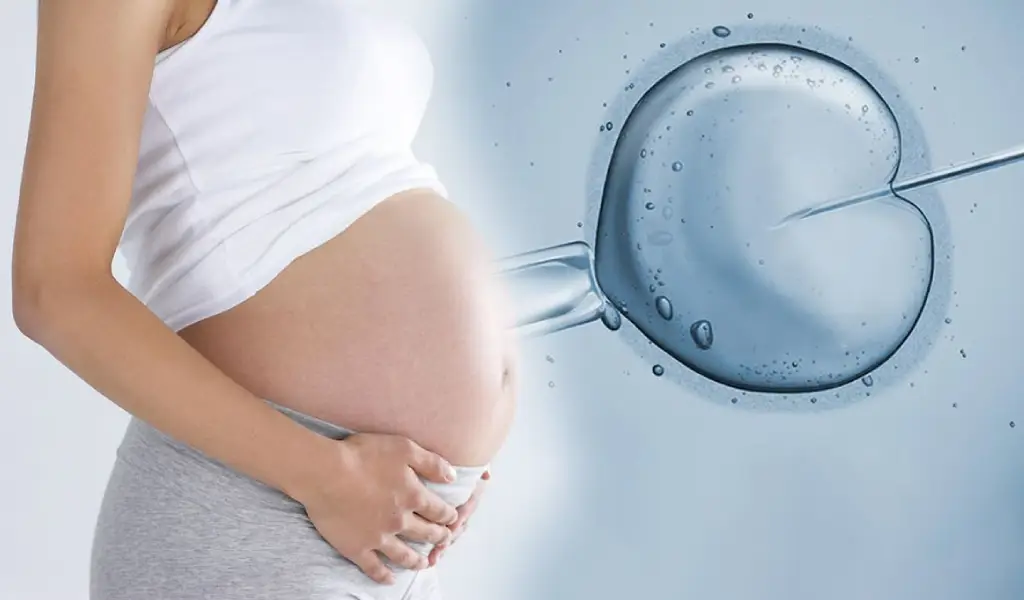
- After reaching the age of 35, there is an elevated likelihood of experiencing a miscarriage and having chromosomal abnormalities.5
- If you get pregnant after the age of 356, there is a considerable risk of experiencing a stillbirth.
- The probability of twin conception is increased due to hormonal changes in older women which result in the release of multiple eggs.7
- However, this specific period refers to a time of stable relationships and couples who are fully committed to becoming parents.
5. Getting Pregnant When You Are in your 40’s
- The likelihood of getting pregnant without medical intervention decreases in one’s forties.
- Pregnancy at the age of 40 is seen as a pregnancy that carries more risks compared to when a woman is younger.
- This is because a woman’s fertility decreases as she gets older, resulting in a higher chance of experiencing complications like miscarriage, ectopic pregnancies, diabetes, preeclampsia, placental issues, preterm labor, and low birth weight.
- These complications can have an impact on the health of both the mother and the baby.
- There is a greater likelihood of undergoing a cesarean delivery.
- Managing pregnancy requires careful attention and may require further examinations, such as amniocentesis or chorionic villus sampling (CVS), to assess the possibility of genetic disorders like Down syndrome in the fetus.8
- It is possible to ensure your reproductive health and enjoy a healthy pregnancy in your 40s, provided you take appropriate measures.9
6. Advantages of Becoming a Parent at a Young Age
- The difference in culture between you and your child has decreased.
- You will be given sufficient time to expand your family with additional children.
- To keep pace with your child, you engage in greater physical activity.
- In the future, you will have more free time as the children adapt more quickly.

- The recovery after giving birth would be rapid.
- It is more likely for you to witness multiple generations in the future.
- Taking time off from work is more convenient.
7. Advantages of Delaying Parenthood
- Your wisdom increases as you go through different life experiences.
- You will earn a higher income to provide for the child.
- A better quality of life leads to improved health in children, resulting in fewer health problems.
- You will have additional time to dedicate to your child.
- Your child will benefit from the increased amount of time you will have available.
- You will maintain emotional stability.
- Before deciding on getting pregnant and when to have children, it is important to take into account aspects like fertility, emotional readiness, stability in one’s career, inclination towards family life, and overall financial well-being.
8. What Measures Should Be Taken If One Desire to Get Pregnant Now?
If you are contemplating a pregnancy, regardless of your age, adhere to the subsequent steps.
- Arrange a preconception examination to assess your individual, familial, and medical background.
- Determine if you must undergo genetic carrier screening.
- Consult with your doctor before initiating the use of folic acid supplements.
- Cease the consumption of tobacco, alcohol, and illicit substances.
- Choose healthy food options and maintain a well-rounded eating plan.

- Make sure to regulate your caffeine consumption.
- Strive to attain a state of optimal body weight.
- Adhere to a regular workout schedule
- Take note of your financial affairs
- Determine your ovulation period and engage in sexual activity during the most fertile phase of your menstrual cycle.
If you are experiencing any of the following problems while attempting to conceive, it is advised to seek advice from a fertility specialist.
- Absence or irregularity of menstruation.
- Sexually transmitted infections.
- If you are under the age of 35 have a regular menstrual cycle, and have been unsuccessful in getting pregnant after attempting to do so for one year.
- If you are between the ages of 35 and 39 and have a regular menstrual cycle, and you have been unable to get pregnant after attempting to conceive for six months.
- If you are in your forties or older and have a regular menstrual cycle, and you have been unsuccessful in conceiving a pregnancy after three months of trying.
An expert in reproductive health will assess the possible causes of infertility problems and recommend suitable therapies. These may involve advanced methods of assisted reproduction that can enhance the likelihood of achieving a successful pregnancy and enable you to fulfill your desire to become a parents.
9. What steps can be taken if one desires to delay pregnancy?
If you are not ready to have children at the moment but wish to in the future, it is advisable to engage in safe sexual practices, particularly during your most fertile days (ovulation). If you are young and want to delay pregnancy, freezing your eggs for later use is also a viable option. While this may enhance the quality of your eggs, it is important to note that the risks associated with getting pregnant still depend on your age when you decide to conceive.
10. Can male fertility be influenced by age?
Yes, a man’s ability to have children declines as he gets older. Typically, after the age of 40, the amount of semen, number of sperm, and their ability to move are negatively impacted. Although it is still possible for a man over 40 to conceive a child, it may be more challenging compared to a younger age. If a man is aged 45 or above, regardless of the mother’s age, the risk of miscarriage and genetic abnormalities in the child increases significantly.
11. Key Takeaways about ‘When is the Most Ideal Age To Get Pregnant’
- According to experts, the ideal time to get pregnant is during the 20s or early 30s because it is associated with better outcomes.
- The fertility of women tends to decrease, particularly after reaching the age of 35.
- Once women surpass the age of 35, the risk of complications for both the fetus and the mother increases.
- When women are in their 40s, pregnancy may require close monitoring and additional tests.
- Having children at a young age can allow parents to witness their children settle down earlier and have more free time later in life.
- Postponing parenthood can result in greater maturity, as well as financial and emotional stability for parents.
- It is essential to have discussions with both your partner and a doctor before making plans for parenthood.



